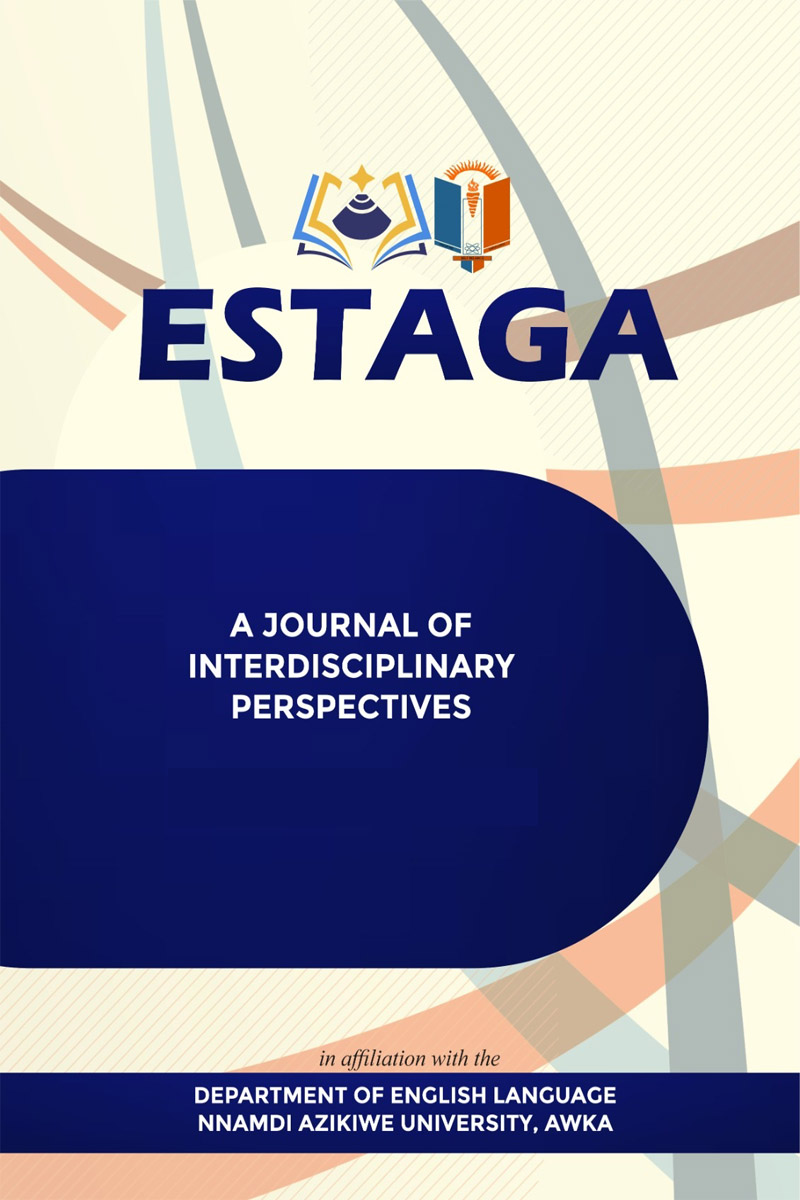Kantian Ethics: A Critical Review of the Universalizability Principle
Abstract
Kantian individual moral subjectivism is for the sake of subjective-objective principle generation and its application. Moral value-choices may take form in the subjective world of the individual but must at the same time have as its final destination the objective world of human witness. Although the Kantian phenomenon appears in the way it does to human sensory perception, the noumenon remains an intuitive and intellectible object; yet they find parallel in human moral principle of action as demonstrable empirically and the sourcing within the human intrinsic domain fully unaccountable by epistemological analysis. The moral value-choice derives from an introspective analysis in which such choice squares up to a maxim that would be standard rule for future human action. The universalizability principle morally qualifies as model of action for the rest of humanity. The work critiqued the Kantian theory in the aspects in which such input helps contribute to a better comprehension of the theory for moral perfection of both the individual and the society. The methodology used is that of expository analysis and reflective synthesis.


